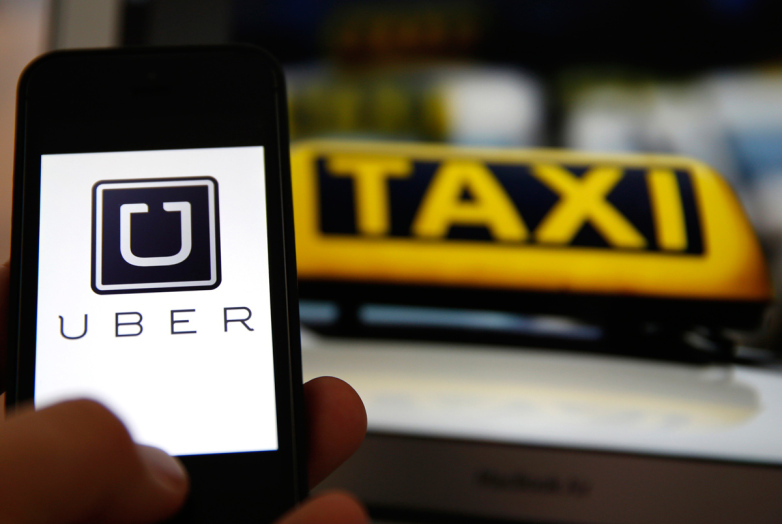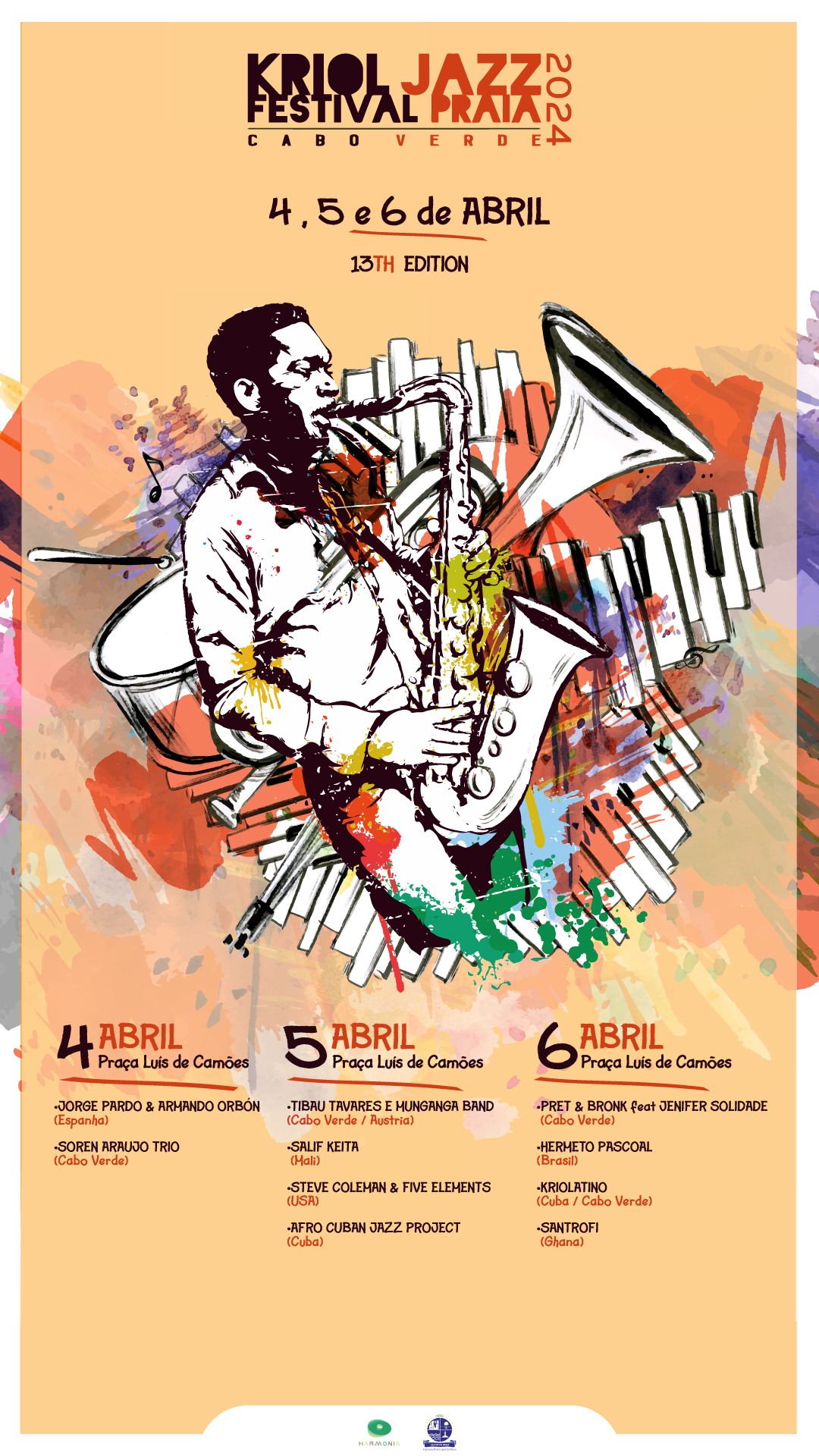Taxi-hailing firm Uber has unveiled in Nairobi its specialised cab service that helps riders with disabilities and the elderly access the city more conveniently.
Uber started the pilot of the service dubbed UberASSIST in Nairobi on Thursday last week, more than three years after the giant tech firm unveiled the service globally for the first time.
It is designed to help those with accessibility difficulties to ride with ease. The firm says it enlists its best rated drivers for this service.
Nairobi is the third city in Africa where UberASSIST has been rolled out after South Africa’s Johannesburg and Cape Town where the feature was launched in August 2017.
“Moving around your city should be quick and convenient for all. At Uber, we strive to create transportation options that give equal opportunities and access to everyone,” said Uber in a statement.
“We’re excited to announce the launch of UberASSIST in Nairobi! UberASSIST has been designed to provide additional assistance for members of the senior and disabled communities. Driver-partners are specifically trained to assist riders when getting into a vehicle, and can accommodate folding wheelchairs and walkers.”
The service was first launched in 2014 together with UberACCESS (UberWAV) in San Diego, US, that makes it possible for people that use wheelchairs to ride on the firm’s taxis. The UberACCESS fleet features disability-friendly vehicles.
UberASSIST is the local option where drivers are trained in care-giving using regular vehicles that can accommodate most foldable wheelchairs.
“We know that riders with disabilities face a variety of problems accessing on-demand transportation in San Diego. And while these problems are not unique to our city, there is more that can be done and Uber is proud to be a part of the solution,” said Uber when it first unveiled the service.
“With uberASSIST, UberX partners have received training on the necessary knowledge and safety requirements for those with accessibility needs.”
Source: The East African









